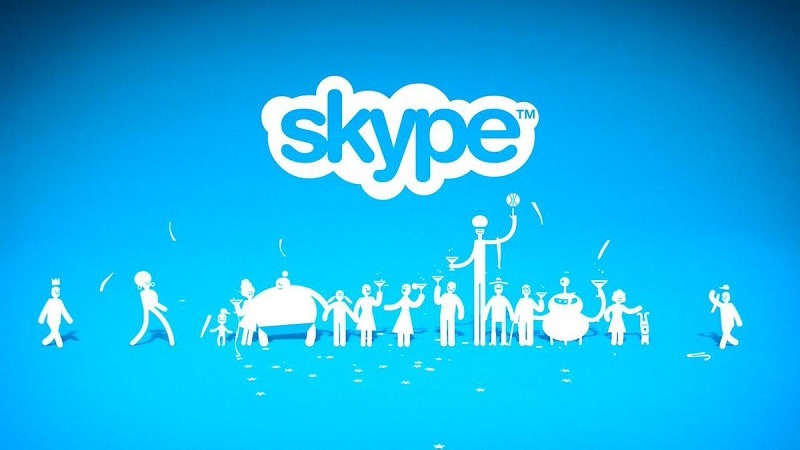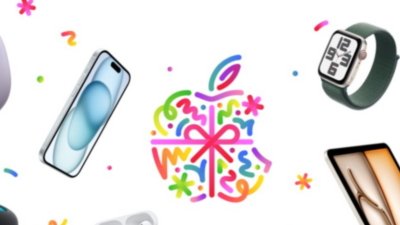Microsoft, Apple, and others have been forced by the Chinese government to withdraw the Skype app from app stores in the country — and at present there is no timetable for its return to availability.
Microsoft's Skype had been gradually disappearing from Chinese app stores since October, with news of the absence reaching the media on Tuesday. While the Chinese government has issued no official statement as to why Skype has been restricted, it has likely been done so because of the ability to encrypt the communications — preventing effective government monitoring.
"We have been notified by the Ministry of Public Security that a number of voice over internet protocol apps do not comply with local law. Therefore these apps have been removed from the app store in China," Apple said Tuesday in an emailed statement to the New York Times. "These apps remain available in all other markets where they do business."
A Microsoft spokesman told the New York Times that Skype had been "temporarily removed" from Apple's store and that efforts were being made to "reinstate the app as soon as possible."
Apple isn't the only company affected. The app remains unavailable on Google Play, as well as Android handset manufacturers Huawei and Xiaomi's app stores.
In July, Apple removed virtual private network (VPN) apps from the Chinese App Store, apparently complying with a broader government crackdown on VPN technology. The shutdown followed an earlier crippling of WhatsApp, as well as the retraction of the New York Times app.
In June, China ratified new cybersecurity laws that mandate certain data protections for Chinese citizens. Importantly, foreign firms operating within China's borders must store sensitive data on domestic servers, and must likewise pass security reviews before transferring said data out of the country.
Apple opened a data center in China to comply with the cybersecurity rules that the country put in place. The facility was set up in Guizhou with the help of Guizhou-Cloud Big Data Industry Co. Ltd., and represents a portion of Apple's planned $1 billion investment into the province
 Mike Wuerthele
Mike Wuerthele














 William Gallagher
William Gallagher


 Christine McKee
Christine McKee
 AppleInsider Staff
AppleInsider Staff
 Chip Loder
Chip Loder

 Malcolm Owen
Malcolm Owen








22 Comments
Countdown to people claiming Apple is a hypocrite for not building a backdoor into their OSes for the US gov’t…
is iMessage, with it's built in end-to-end encryption, supported in China ?
Seems like the logical international communication tool
and the reason for the Chinese population to move to iPhones,
more and more over time. ….and as price points allow.
Curious...
If China's intent is to block communication services using end-to-end encryption if the provider won't share an unlock key with the Chinese government how has Apple managed to comply? For example is Facetime and iMessage not available in China? Maybe they had to remove them from Chinese iPhones? If not and with encrypted WhatsApp, Signal and now Skype being blocked then it seems the inference would be that Apple has provided a key for the appropriate Chinese agency(s) in order to avoid the same fate...
Guys ,not enough folks use FaceTime & iMessage in China to justify a ban.They do have no FaceTime installed on UAE iPhones.
So please stop the whining.